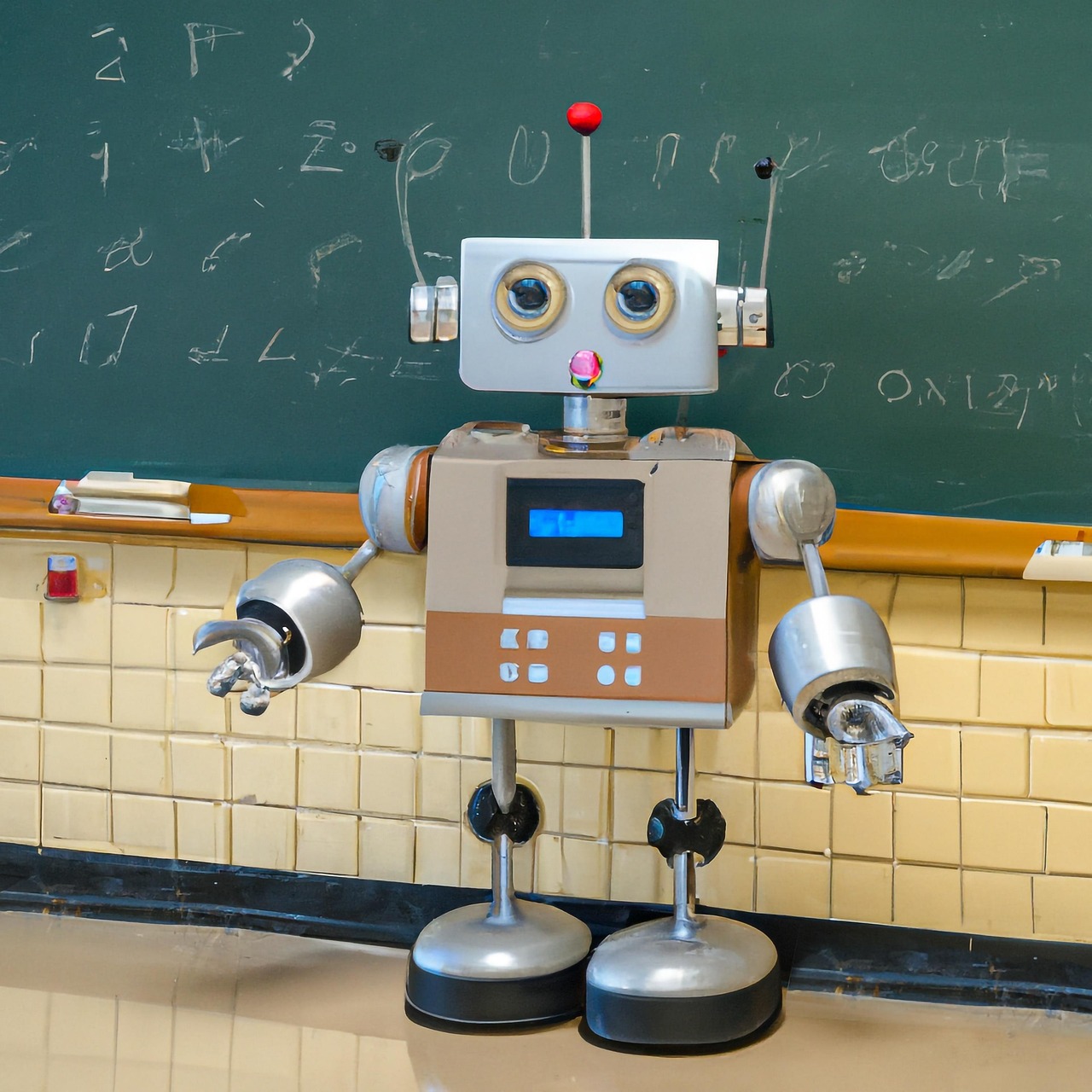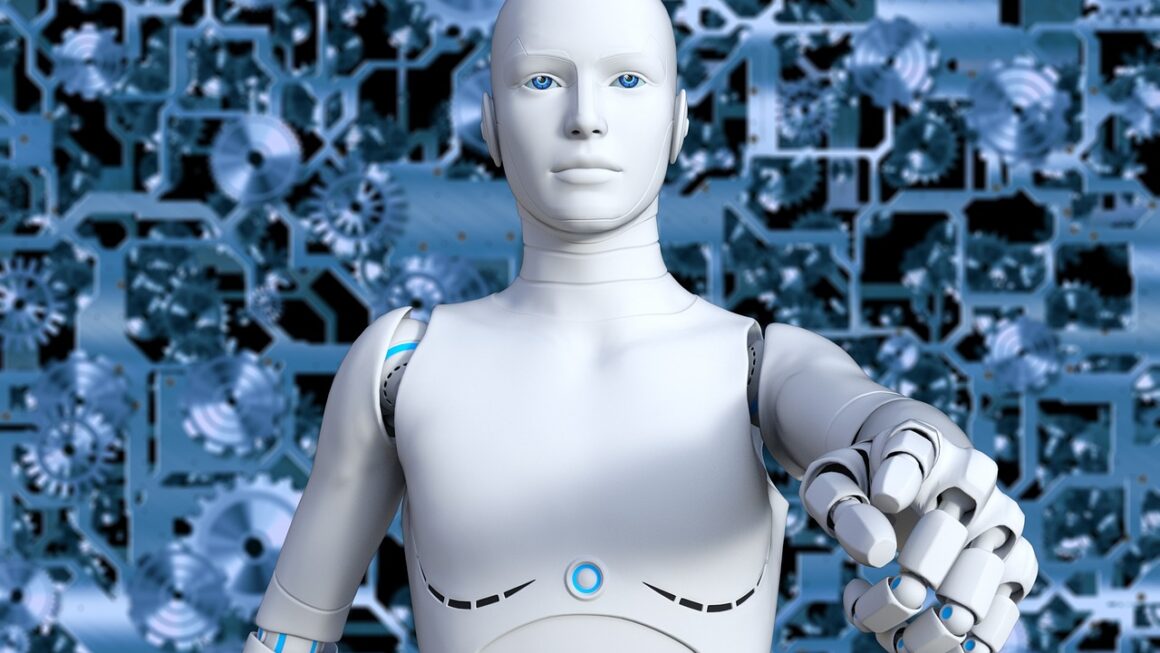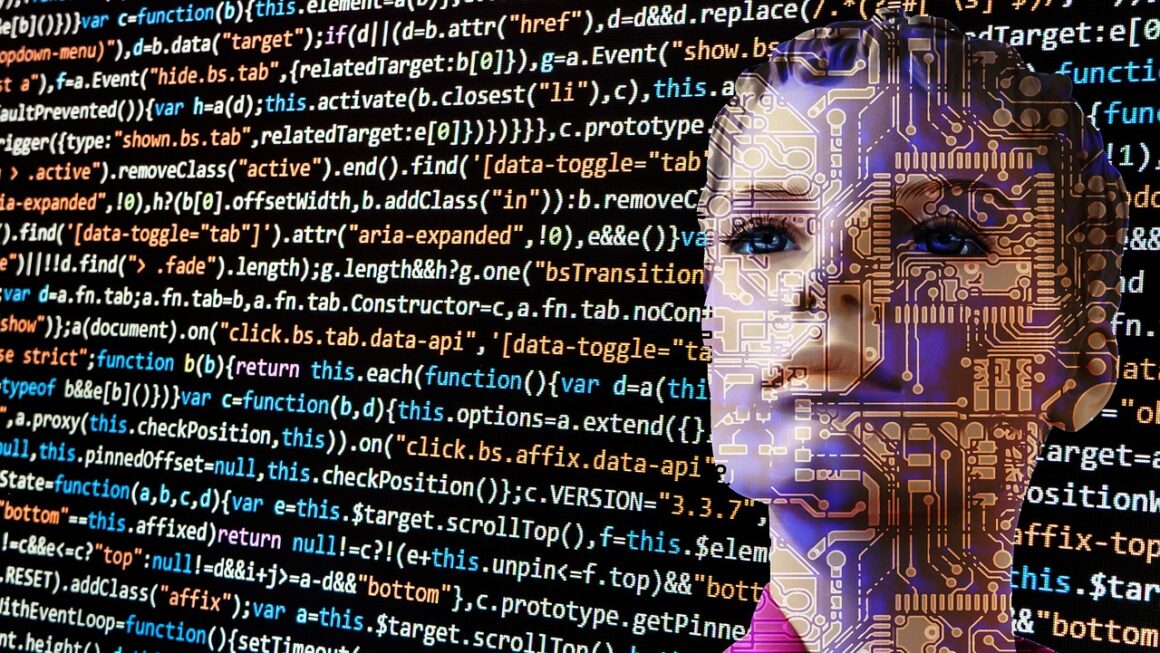AI is rapidly transforming our world, and nowhere is this more evident than in the explosion of AI-powered apps. From automating mundane tasks to providing personalized recommendations, these applications are revolutionizing how we live, work, and interact with technology. This post explores the exciting landscape of AI-powered apps, diving into their diverse applications, benefits, and potential impact on various aspects of our lives.
Understanding AI-Powered Apps
AI-powered apps are software applications that leverage artificial intelligence (AI) technologies, such as machine learning, natural language processing, and computer vision, to perform tasks that typically require human intelligence. These apps can learn from data, adapt to changing circumstances, and make decisions without explicit programming.
The Core Technologies Behind AI Apps
- Machine Learning (ML): Enables apps to learn from data without being explicitly programmed. Algorithms identify patterns and make predictions.
- Natural Language Processing (NLP): Allows apps to understand and process human language, enabling tasks like chatbots and text summarization.
- Computer Vision: Empowers apps to “see” and interpret images and videos, facilitating facial recognition and object detection.
- Deep Learning: A subset of machine learning that uses artificial neural networks with multiple layers to analyze data with greater complexity.
Why the Surge in AI App Development?
The rise of AI apps is driven by several factors:
- Increased Computing Power: Modern processors and cloud computing provide the resources necessary to train and run complex AI models.
- Availability of Data: Vast amounts of data are available, providing the fuel for training AI algorithms.
- Advanced Algorithms: Researchers are constantly developing more sophisticated and efficient AI algorithms.
- User Demand: Consumers and businesses alike are seeking innovative solutions that can automate tasks, improve efficiency, and enhance decision-making.
Applications Across Industries
AI-powered apps are disrupting various industries, offering significant benefits and new possibilities.
Healthcare
AI is transforming healthcare through:
- Diagnosis and Treatment: AI algorithms can analyze medical images, identify diseases, and suggest treatment plans with greater accuracy and speed.
Example: Apps that analyze X-rays and MRIs to detect early signs of cancer.
- Personalized Medicine: AI can tailor treatment plans based on an individual’s genetic makeup, lifestyle, and medical history.
Example: Apps that recommend personalized diet and exercise plans based on genetic predispositions.
- Drug Discovery: AI accelerates the drug discovery process by identifying potential drug candidates and predicting their efficacy.
Example: AI platforms used to screen vast libraries of compounds to identify potential treatments for diseases like Alzheimer’s.
- Remote Patient Monitoring: AI-powered wearables and sensors can monitor patients’ vital signs and alert healthcare providers to potential problems.
Example: Smartwatches that detect irregular heart rhythms and automatically notify emergency services.
Finance
AI is revolutionizing the finance industry through:
- Fraud Detection: AI algorithms can identify fraudulent transactions with greater accuracy than traditional methods.
Example: Banks using AI to detect unusual spending patterns and prevent credit card fraud.
- Algorithmic Trading: AI-powered trading algorithms can make investment decisions faster and more efficiently than human traders.
Example: Hedge funds using AI to analyze market data and execute trades automatically.
- Risk Management: AI can assess and manage risk more effectively by analyzing vast amounts of data.
Example: Insurance companies using AI to assess the risk of insuring properties based on factors like location, construction, and weather patterns.
- Personalized Financial Advice: AI-powered chatbots can provide personalized financial advice to customers.
Example: Robo-advisors that offer investment recommendations based on a user’s financial goals and risk tolerance.
Retail and E-commerce
AI enhances the retail experience through:
- Personalized Recommendations: AI algorithms can recommend products to customers based on their browsing history, purchase history, and other data.
Example: Amazon’s “Customers who bought this item also bought” feature, powered by AI.
- Chatbots: AI-powered chatbots can provide customer support, answer questions, and resolve issues.
Example: E-commerce websites using chatbots to handle common customer inquiries.
- Inventory Management: AI can optimize inventory levels by predicting demand and automating ordering processes.
Example: Retailers using AI to forecast demand for specific products and ensure they have enough stock on hand.
- Visual Search: Allows users to search for products by uploading images instead of typing keywords.
Example: Google Lens allowing users to take a photo of a product and find similar items online.
Marketing and Advertising
AI is transforming marketing through:
- Targeted Advertising: AI algorithms can target ads to specific demographics and interests, improving ad effectiveness.
Example: Social media platforms using AI to show users ads based on their interests and browsing history.
- Content Creation: AI can generate marketing copy, blog posts, and other content.
Example: AI-powered tools that can write product descriptions, social media posts, and even entire articles.
- Customer Segmentation: AI can segment customers into different groups based on their behavior, preferences, and demographics.
Example: Marketers using AI to identify high-value customers and target them with special offers.
- Sentiment Analysis: AI can analyze social media posts and other data to gauge customer sentiment towards a brand or product.
Example: Brands monitoring social media for mentions of their products and services to understand customer opinions.
Benefits of Using AI-Powered Apps
AI-powered apps offer numerous benefits across various aspects of our lives:
- Increased Efficiency: Automating tasks and streamlining processes.
- Improved Accuracy: Reducing errors and enhancing decision-making.
- Personalization: Tailoring experiences to individual needs and preferences.
- Cost Reduction: Optimizing resource allocation and minimizing waste.
- Enhanced User Experience: Providing more intuitive and engaging interfaces.
- Better Insights: Uncovering hidden patterns and trends in data.
- Faster Decision-Making: Analyzing data and providing recommendations in real-time.
- 24/7 Availability: Providing constant support and assistance.
Challenges and Considerations
While AI-powered apps offer tremendous potential, it’s crucial to be aware of the challenges and considerations associated with their development and deployment:
Data Privacy and Security
- Data Collection and Usage: Ensuring that data is collected and used ethically and transparently.
- Data Security: Protecting data from unauthorized access and breaches.
- Compliance with Regulations: Adhering to data privacy regulations like GDPR and CCPA.
Bias and Fairness
- Algorithmic Bias: Ensuring that AI algorithms are not biased against certain groups of people.
- Fairness and Equity: Addressing potential disparities in outcomes caused by AI-powered apps.
- Transparency and Explainability: Understanding how AI algorithms make decisions.
Ethical Considerations
- Job Displacement: Addressing the potential impact of AI on employment.
- Autonomous Weapons: Avoiding the development and deployment of AI-powered weapons systems.
- Misinformation and Manipulation: Preventing the use of AI to spread misinformation or manipulate public opinion.
Development and Implementation
- Complexity: Building and deploying AI models requires specialized skills.
- Cost: AI development can be expensive, requiring significant investment in infrastructure, data, and talent.
- Integration: Integrating AI apps with existing systems can be challenging.
- Maintenance: AI models require ongoing monitoring and maintenance to ensure accuracy and effectiveness.
Conclusion
AI-powered apps are rapidly reshaping industries and transforming our daily lives. By understanding the core technologies, diverse applications, and potential benefits, we can harness the power of AI to create a more efficient, personalized, and insightful world. While challenges and ethical considerations exist, responsible development and deployment are crucial to ensure that AI benefits all of humanity. As AI technology continues to evolve, we can expect even more innovative and transformative AI-powered apps to emerge, further blurring the lines between human and artificial intelligence.




